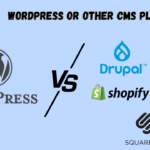SEO is constantly evolving, and staying updated with Google’s algorithm changes is essential. One important concept to know is “E-E-A-T.” This guideline plays a key role in how Google ranks websites and helps ensure your content meets both user expectations and Google’s standards.
What E-E-A-T stands for
E-E-A-T stands for Experience, Expertise, Authoritativeness, and Trustworthiness. These three factors act as benchmarks that Google uses to decide if a website’s content is credible, reliable, and worth showing to users. In simple terms:
- Experience: Has the content been created by someone with real-world, firsthand experience on the topic?
- Expertise: Does the content show deep knowledge on the topic?
- Authoritativeness: Is the person or website seen as a trusted leader in their field?
- Trustworthiness: Can users believe the information and the source providing it?
By focusing on E-E-A-T, businesses can improve their chances of ranking higher and gaining the trust of their audience. Now that we’ve introduced what E-E-A-T stands for and why it’s crucial, let’s take a closer look at each of its three components—Experience, Expertise, Authoritativeness, and Trustworthiness—to understand how they influence your website’s performance in search rankings.
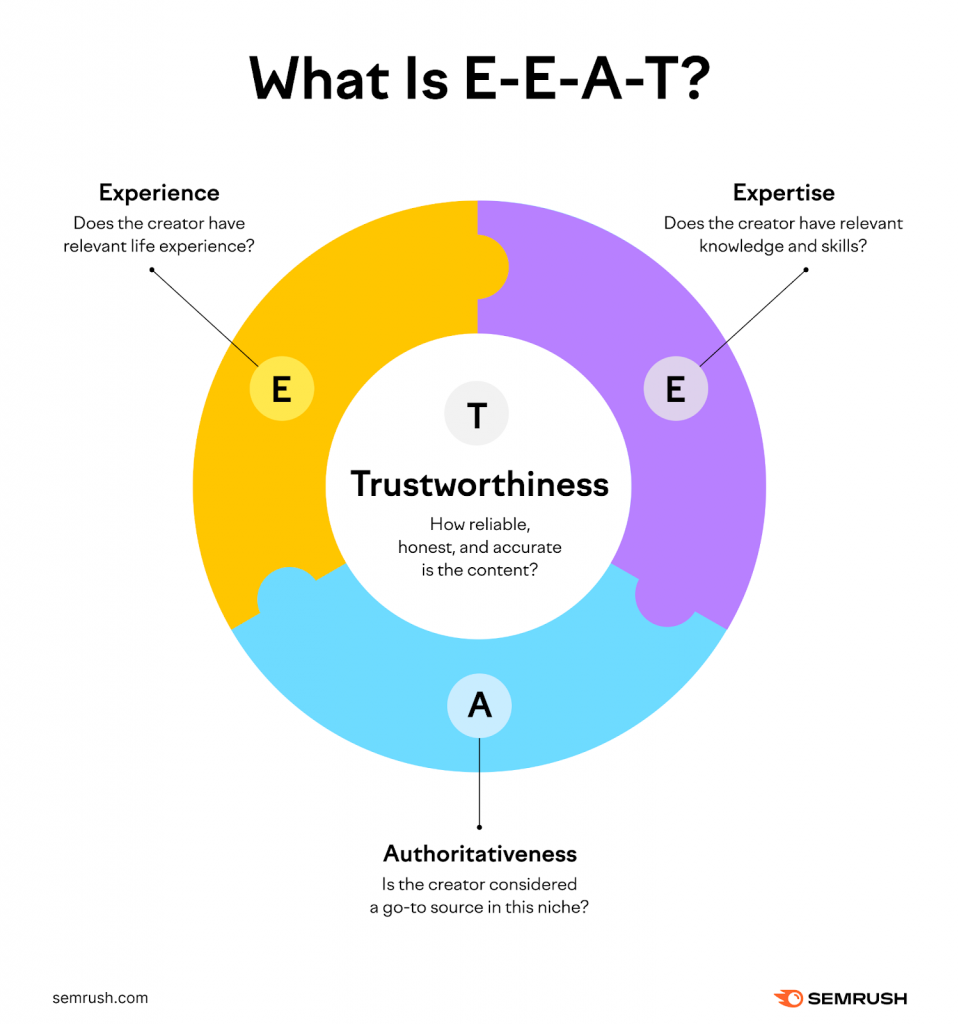
Understanding E-E-A-T
a. Experience
Experience in the context of E-E-A-T (Experience, Expertise, Authoritativeness, and Trustworthiness) refers to real-world, hands-on involvement in a specific field or topic. It goes beyond theoretical knowledge or academic credentials and focuses on the practical, lived experience that someone has in a particular area. Google now considers Experience as an essential factor when evaluating content, especially when it impacts users’ lives, such as in YMYL (Your Money, Your Life) websites.
Google checks for experience by looking at:
- Clear signs that the content creator has personally worked with or been involved in the topic.
- Detailed insights that show practical, real-world knowledge.
- Real-life examples or case studies.
- Content that addresses common questions or challenges in the field.

In the blog above good blogger Hannah’s personal dining experience allows her to write more insightful and unique restaurant reviews.
If she hadn’t actually visited the restaurant, readers wouldn’t trust her opinions, and Google wouldn’t rank her review highly.
b. Expertise
Expertise means having the right knowledge and skills in a specific area. Google values content written by people who are experts in their field because it ensures users get accurate and helpful information.
For example:
- A doctor writing about managing diabetes demonstrates expertise.
- A certified financial planner explaining how to invest money shows expertise.
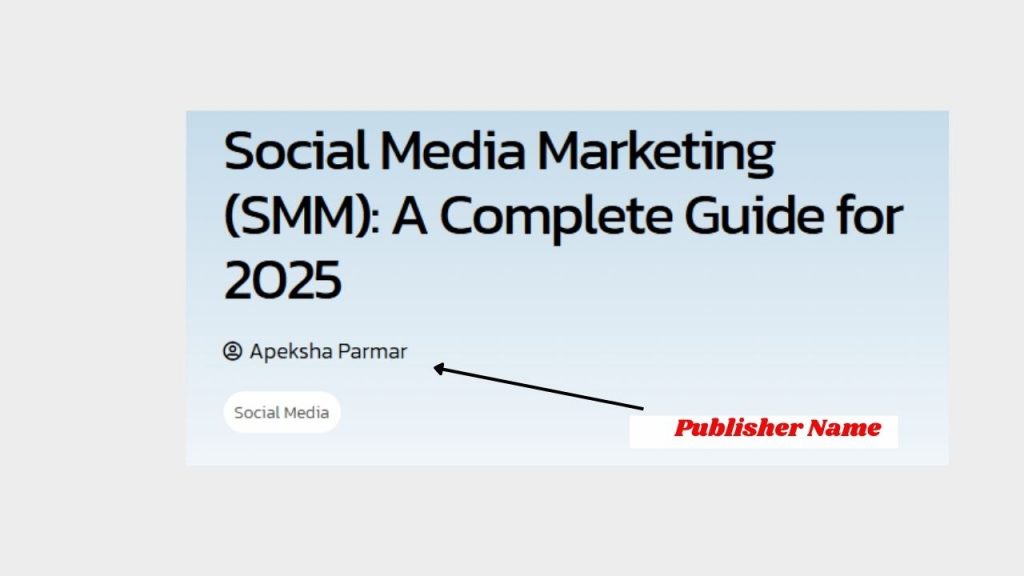
To show expertise on your website, you can:
- Include detailed, well-researched, and accurate content.
- Use authors who are qualified in the topic they are writing about.
- Highlight credentials, certifications, or awards in the author bio.
c. Authoritativeness
Authoritativeness is about being recognized as a trusted source in your field. It’s like being a go-to expert that others trust for advice. Google checks if others (websites, experts, or users) refer to or recommend your content.
For example:
- A health blog linked by respected medical organizations is considered authoritative.
- A legal website cited by law journals builds its authority.
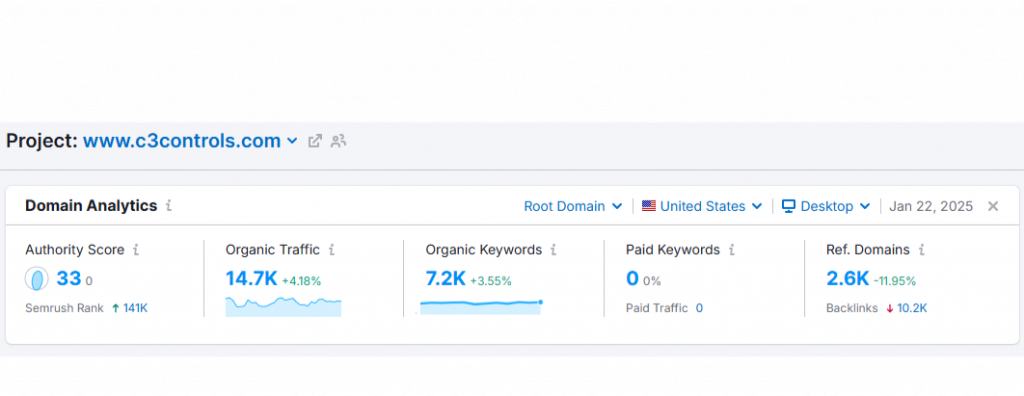
To build authority, you can:
- Gain backlinks from high-quality, reputable websites.
- Publish content that is widely shared or referenced.
- Encourage positive reviews and mentions from respected sources.
d. Trustworthiness
Trustworthiness means your website feels safe, reliable, and transparent to users. People need to trust that the information you provide is accurate and that your website is secure.
For example:
- An e-commerce site with secure payment options and customer reviews appears trustworthy.
- A blog with clear sources for its facts and a privacy policy builds trust.

To increase trustworthiness, you can:
- Use HTTPS to ensure secure browsing.
- Provide clear contact information and transparency about your business.
- Include trust signals like reviews, testimonials, or badges of recognition.
Why E-E-A-T Matters for SEO?
E-E-A-T is essential for SEO because it directly impacts how Google evaluates and ranks websites. Let’s explore why E-E-A-T plays such a crucial role in boosting your site’s visibility and user trust.
Impact on Search Rankings
Google uses E-E-A-T to filter out unreliable or low-quality content and prioritize pages that offer accurate, helpful, and credible information. To strengthen this foundation, aligning your on-page quality signals with Answer Engine Optimization practices helps Google’s AI-driven systems better interpret and surface your content as a trusted answer. Websites with strong E-A-T have a better chance of ranking higher in search results because Google sees them as valuable resources for users.
For example:
- A medical website written by licensed doctors with accurate, well-sourced content will rank higher than a similar site without verified expertise.
- A financial blog with transparent authorship and citations to trusted sources will outperform blogs with vague or unreliable information.
Aligning with User Intent
User intent is all about understanding what the user is looking for when they search for something online. E-E-A-T helps websites align with this by ensuring the content is reliable and meets user needs.
For instance:
- If someone searches for “how to invest in stocks,” Google prioritizes content written by financial experts, not random opinions.
- By focusing on E-E-A-T, you provide answers that users trust, which increases engagement, reduces bounce rates, and ultimately improves rankings.
Importance for YMYL (Your Money, Your Life) Websites
E-E-A-T is especially critical for YMYL websites. YMYL stands for “Your Money, Your Life.” This term is used by Google to describe websites or web pages that impact people’s health, financial stability, safety, or overall well-being. Because of the potential real-world consequences of inaccurate or low-quality content, Google holds YMYL websites to a much higher standard than other types of websites.
Examples of YMYL websites include:
- Health and medical advice websites (e.g., managing diseases or providing medical treatments).
- Financial advice websites (e.g., investing, budgeting, or tax planning).
- Legal information websites (e.g., explaining laws or providing legal advice).
- E-commerce websites (e.g., platforms where users make purchases and share personal information).
If your site falls under YMYL, prioritizing E-E-A-T isn’t optional; it’s mandatory for success in search rankings.
Building Trust with Your Audience
E-E-A-T doesn’t just affect how Google sees your site—it also influences how users perceive it. When your content is backed by expertise, authority, and trustworthiness, users are more likely to return, share your content, and recommend your site to others.
Here’s how it works:
- Expertise ensures your audience knows they’re learning from a knowledgeable source.
- Authority makes them feel confident that your information is credible.
- Trustworthiness guarantees they feel safe and secure engaging with your site.
Enhancing Brand Reputation
Strong E-E-A-T helps establish your website as a leader in its niche, which improves your brand reputation. Over time, this not only boosts your SEO but also attracts partnerships, media mentions, and organic backlinks—further improving your rankings.
For example:
- A cooking website known for high-quality recipes can become a go-to resource for home chefs, leading to partnerships with cooking brands or publications.
E-E-A-T as a Long-Term Strategy
SEO is not a one-time effort, and neither is E-E-A-T. As Google’s algorithms evolve, they will continue to emphasize content quality and trustworthiness. Building E-E-A-T isn’t just about rankings today—it’s about future-proofing your site against algorithm changes.
Connection to Google’s Quality Rater Guidelines
Google’s Quality Rater Guidelines are documents given to human reviewers who evaluate the quality of search results. E-E-A-T is a key part of these guidelines, meaning Google uses it to train algorithms and determine which sites offer valuable content.
- If your website aligns with these guidelines, it’s more likely to meet Google’s ranking standards.
- It highlights how E-E-A-T is not just theoretical but directly tied to how search engines function.
Role in Content Marketing
E-E-A-T isn’t just for SEO—it also supports your content marketing strategy.
- When users see content that reflects expertise and authority, they’re more likely to trust and share it.
- This creates a ripple effect: increased engagement leads to more organic traffic and higher rankings.
For example:
- A tech blog explaining complex topics in simple, authoritative language builds a loyal audience.
Influence on Link Building
E-E-A-T plays a crucial role in attracting high-quality backlinks, which are vital for SEO.
- Authoritative websites are more likely to link to your site if they demonstrate expertise, authority, and trust.
- These backlinks act as endorsements, improving your site’s reputation and ranking.
The Role of Transparency
Transparency is an often-overlooked factor in building trustworthiness.
- Google favors websites that clearly display their authorship, credentials, and sources of information.
- Lack of transparency can harm rankings, especially for YMYL topics.
Ways to improve transparency:
- Add author bios with qualifications.
- Cite credible sources for claims or data.
- Include a detailed “About Us” page.
Importance for E-Commerce Websites
While YMYL sites are the main focus, e-commerce websites also benefit significantly from strong E-E-A-T.
- Customers are more likely to trust a secure site with positive reviews, accurate product descriptions, and clear return policies.
- A trustworthy e-commerce site can reduce cart abandonment rates and boost sales.
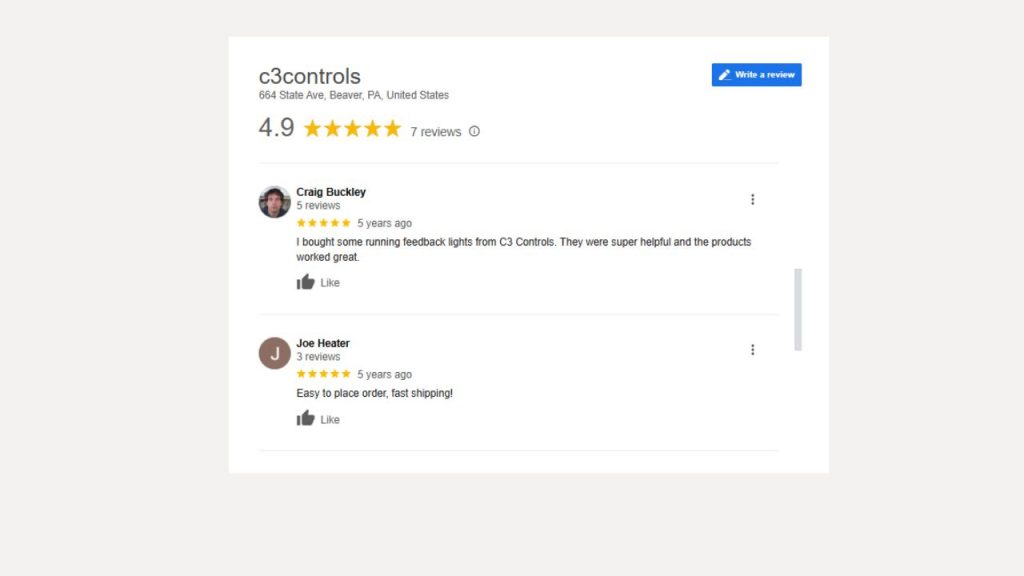

How to Optimize Your Content for E-E-A-T?
Optimizing your content for E-E-A-T (Experience, Expertise, Authoritativeness, and Trustworthiness) is crucial for ranking well in Google’s search results. It helps your content become more reliable and valuable to your audience. Here’s how you can optimize your content across these four pillars:
1. Showing Experience
Use Author Bios: Include detailed bios for your authors that highlight their real-world experience. For example, a doctor writing about health tips should mention their years of practice or specific cases they’ve handled.
Include Case Studies and Real-Life Examples: Share stories or case studies that reflect your hands-on knowledge. This could be a financial advisor showing real-life examples of clients they’ve helped, or a chef sharing cooking tips based on years of experience in the kitchen.
Provide Personal Insights: If possible, add personal stories or direct experiences related to the topic. This helps to make your content feel more relatable and trustworthy.
2. Building Expertise
Publish In-Depth, Well-Researched Content: Publish In-Depth, Well-Researched Content: High-quality content that thoroughly covers the topic shows your expertise. This can include guides, tutorials, or research-backed articles. Keyword research plays a major role here; using principles from SEO keyword strategy ensures that your expertise reaches the right audience intent while maintaining natural readability. For example, a blog post about diabetes management should be comprehensive, covering all aspects of the condition, treatments, and prevention.
Showcase Credentials and Author Bios: Display the qualifications, credentials, and certifications of your content creators. For example, a personal finance article should mention if the author is a certified financial planner, and a health-related post should mention if the author is a licensed doctor or health professional. This helps build your authority on the subject.
3. Establishing Authoritativeness
Gain High-Quality Backlinks: When other respected websites link to your content, it signals to Google that your content is valuable and credible. For example, a well-known medical organization linking to your health-related article can help establish your authoritativeness in the medical field.
Engage in Guest Posting and Expert Roundups: Contributing articles to other high-quality websites or participating in expert roundups can help you gain visibility and credibility. When your name is associated with other experts or authoritative websites, it boosts your reputation.
4. Enhancing Trustworthiness
Use Secure Protocols (HTTPS): Ensure your website uses HTTPS (Hypertext Transfer Protocol Secure). This signals to users that your website is secure, meaning their personal information will be protected. Google also uses HTTPS as a ranking factor, so it helps with SEO.
Display Trust Signals Like Testimonials and Reviews: Show testimonials, customer reviews, or trust badges (like security certificates) on your site. These signals reassure users that your business or website is trustworthy and reliable. For example, an e-commerce site with positive customer reviews and visible security badges will be considered more trustworthy.
The Future of E-E-A-T in SEO
As SEO continues to evolve, Google’s focus on E-E-A-T (Experience, Expertise, Authoritativeness, and Trustworthiness) is becoming even more important. The future of SEO will see greater emphasis on these factors, driven by artificial intelligence (AI) and evolving algorithms. Here’s what this means and how you can prepare for it:
How AI and Evolving Algorithms Will Place Greater Emphasis on E-E-A-T
- AI Will Enhance Content Evaluation
Google’s algorithms are becoming smarter thanks to AI. AI is increasingly being used to evaluate not just the technical aspects of a website (like keywords or backlinks), but also the quality of content based on E-E-A-T factors. AI helps Google understand whether the content is genuinely useful, trustworthy, and authored by experts in a field.
For example, AI can now assess if an article is written by someone with real experience in the topic, not just theoretical knowledge. It can also detect if a website is providing accurate and reliable information, especially in fields like health, finance, and other YMYL (Your Money, Your Life) areas, where mistakes can have serious consequences.
- Google’s Algorithm Will Focus More on Experience
In the future, Google’s algorithm will likely put even more emphasis on Experience as a key factor for ranking. This means that content from real-world experts will have a higher chance of ranking well. Websites with content that reflects hands-on, practical knowledge will become more important than ever.
For example, a blog post about managing diabetes written by a licensed doctor who has treated patients will have a much higher chance of ranking than a general article about diabetes management, even if both articles cover similar topics. AI helps Google to detect this real-world experience more accurately.
- More Sophisticated Trust Signals
As AI improves, Google will become even better at identifying trust signals on websites. This includes things like customer reviews, security certificates (HTTPS), and author credentials. AI will help Google better understand which websites are genuinely trustworthy and which ones are not, by analyzing the signals they provide.
For example, a health website with content authored by qualified doctors, positive user feedback, and secure browsing will be viewed as more trustworthy. On the other hand, a site with poor security, vague or unverified authorship, and little user interaction will likely be penalized.
Alt tag: Engaging Content
Preparing for the Next Generation of SEO Trends
- Focus on High-Quality, Relevant Content
As Google evolves its algorithms to give more weight to E-E-A-T, it’s essential to focus on creating high-quality, well-researched content that demonstrates real expertise. Content should go beyond surface-level knowledge and dive deep into subjects, offering valuable insights backed by real-world experience.
- Make sure your content is accurate, well-sourced, and covers topics comprehensively.
- Include authored bylines with details about the author’s expertise and experience.
- Showcase Real-World Experience
Since Experience is becoming a more significant ranking factor, ensure your content reflects hands-on expertise. For example, in addition to writing about a topic, explain how you have applied the knowledge in real-life situations, such as case studies, examples, or personal stories.
- If you’re writing about health or finance, provide concrete examples from real-life scenarios.
- Include author bios that highlight the author’s real-world experience and qualifications.
- Build Trust Through Transparency
Google is moving towards a future where trust signals play a larger role. Ensure your website is transparent, secure, and trustworthy. This means using HTTPS (to keep user data safe) and being open about who is behind the content.
- Add clear contact information, privacy policies, and user reviews to build trust with both users and Google.
- Focus on obtaining backlinks from reputable sources that are relevant to your niche, as this will boost your site’s authority.
- Adapt to AI Tools for Content and SEO
AI is revolutionizing SEO, and it’s essential to stay ahead of the curve. Start using AI-driven tools to optimize your content and understand how Google’s algorithms will interpret your site’s E-E-A-T factors.
- Use AI to analyze your content for readability, structure, and SEO performance.
- Leverage AI to identify gaps in your content that can be filled with deeper, more insightful information.
5. Local SEO and E-E-A-T
Local SEO will continue to be a key area where E-E-A-T plays a crucial role, especially for businesses that provide local services (e.g., lawyers, healthcare providers). Google will increasingly assess local businesses based on the local expertise and trustworthiness they demonstrate in their content.
- Ensure your Google My Business profile is complete and accurate.
- Gather positive local reviews and encourage testimonials to build local authority.



